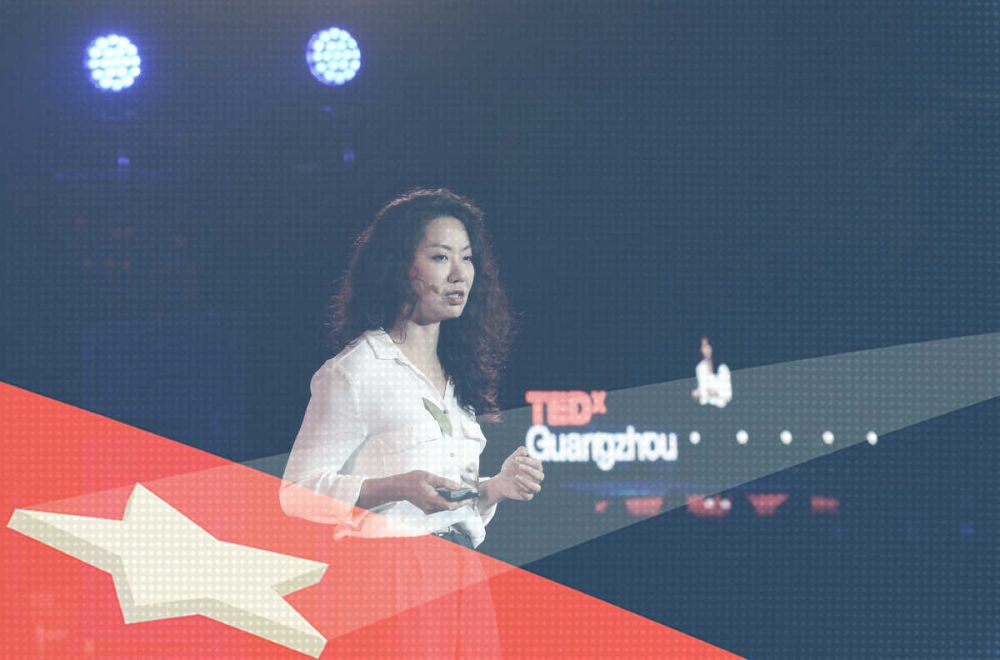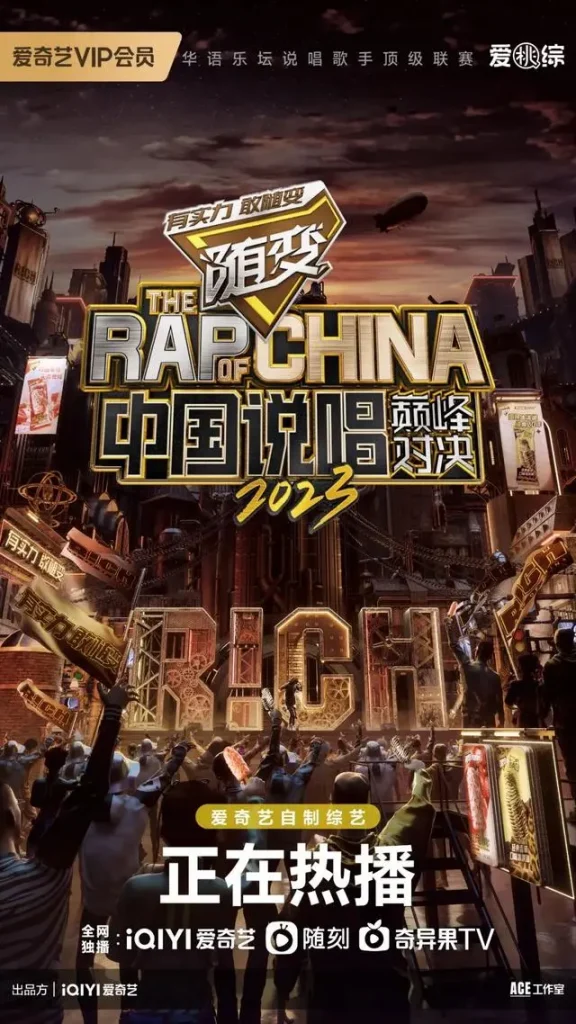
TedXGuangzhou is held in November 2020 at the Garden Hotel in Guangzhou. Image: TedXGuangzhou on Facebook.
When TEDxGuangzhou was first held in 2009, organizers said the southern metropolis was a natural host for China’s largest domestic edition of the popular international speaking series. Guangzhou, after all, was “among the first cities to open up to the rest of the world in China,” and home to the country’s most vibrant professional media scene. If any Chinese city epitomized the TEDx mission of “ideas worth spreading,” it had to be Guangzhou.
Fourteen years later, TEDxGuangzhou has become the first to fall. Its 2023 event, scheduled to take place today, August 13, was abruptly cancelled by authorities late last month over “concerns about foreign interference,” according to Bloomberg and other foreign media. Official sources rejected this explanation, the state-run Global Times accusing the foreign media of “hyping” the incident “to tarnish China’s image” and “cause panic.” The real reason, the paper said, is that organizers failed to comply with relevant laws.
A new set of regulations released on Friday by the Cyberspace Administration of China (CAC) calls into question the dismissive line from state media on the TEDxGuangzhou shutdown. Released jointly by 10 official bodies, including the Chinese Communist Party’s Central Propaganda Department, they suggest the deepening of a broader national campaign since March to curb what the CAC, the country’s top internet control body, called in Friday’s notice “forum activities run amok” (论坛活动乱象).
Laying politics down with the law
The CAC notice outlines 10 requirements for all “forum activities,” which it says includes “forums, annual meetings, and other conferences and events with the nature of a forum.” Foremost among these requirements is the question of political orientation and political control.
The new regulations call into question the dismissive line from state media on the TEDxGuangzhou shutdown.
Events must “adhere to the correct political direction, value orientation, and public opinion guidance,” the regulations say — the last of these terms a crucial phrase in the CCP’s vocabulary on press and information control dating back to the brutal crackdown on democracy demonstrators in June 1989. The notice emphasizes first, however, that forum activities “must be guided by Xi Jinping Thought on Socialism with Chinese Characteristics for a New Era,” this being the political philosophy of China’s top leader, and that they must “practice socialist core values.”

The regulations then turn to the question of how to name and designate events — a major priority in a political system where proper naming is a crucial aspect of control, owing to a complex history of totalistic language from Confucius through to borrowed Leninist and Stalinist prose and beyond. In the case of “forum activities,” these must not “arbitrarily” (随意) claim they are “international,” “global,” “national,” “nationwide,” or “all-China” in scope, or identify themselves with words like “summit” — presumably, though it is never made clear, because this suggests a level of official identity or sanction.
Will The Rap of China, a live-streaming event featuring rap battles and artists like MC HotDog, still be able to call itself, in Chinese, the “China Rap Battle Summit” (中國說唱巔峰對決)?
In terms of content, the regulations specify — beyond the demand for socialist core values — that both main events and any breakout groups or side forums must “closely follow the theme of the main forum activities.”
The general push behind the regulations and actions we have seen unfold this year in China on live performances, both online and offline, is to exercise stronger control and oversight, and avoid unpredictability of the kind that the case of comedian Li Haoshi (李昊石) back in May has come to represent for regulators. Keeping events on theme means the authorities can avoid politically unpleasant surprises.
Whose forum is it anyway?
Perhaps the most important aspect of the rules in the CAC notice deals with who hosts these so-called “forum activities,” and how they connect to society and other regulatory or professional frameworks.
In discussing themes, the regulations are clear that speaking events cannot “exceed the organizing unit’s scope of responsibilities.” This functions in precisely the same way as the set of standards introduced last month by the CAC for independent content creators, which demand professional or other credentials for those operating registered accounts on social media platforms.
We pointed out in our reading of the social media rules that if you are operating an account doing professional journalism on the healthcare sector, you could be disqualified under the rules simply because you are not a licensed healthcare provider or other medical business. That would seem to corrupt the quality and integrity of information, but the primary goal for the authorities is to deal with content creators, or in this case “organizing units,” that are clearly identifiable and already connected to licensing frameworks.
The first step in achieving the political goals set out in the CAC notice released Friday is to ensure, as the notice says, that the “various social organizations hosting forum activities [are] legally registered, and have legal status,” and further that they do not overstep their “scope of responsibilities” — meaning that they stay in their lane. If they fail to do so, the authorities will know precisely who to blame, and who to punish.
It is at this point that the new regulations most directly address the hurdle leading to TEDxGuangzhou’s cancellation. “Enterprises and social organizations that are not legally registered, or that do not have an actual hosting body, are not permitted to hold forum activities openly for society,” the CAC notice reads.
Unlike formal TED events, such as the annual TED conference held in Vancouver, TEDx events are independent and can be hosted by anyone who obtains a free license from the American-Canadian non-profit. As such, local event hosts are not necessarily registered bodies. While this model has succeeded across the world, and has given TEDx its unique community feel, the new rules make it clear that this decentralized approach will no longer fly in the PRC.
Like any good act of misdirection, the government’s rationale for the Guangzhou shutdown contains a kernel of truth if one applies the rules set out in Friday’s CAC notice: by attempting to host a speaking event not under the auspices of a locally registered legal entity, organizers were indeed running afoul of the law.
But the more important question is what the law is designed to achieve. For TEDxGuangzhou and many other events likely to be grounded under these rules, it is not really about protecting communities from forum activities “run amok.” Rather, as the political demands that open the notice make clear, it is about controlling who gets to speak, so that the state can more effectively direct what they say.
In China’s CCP-led system, political power turns on the management of public opinion — and ideas worth spreading are often ideas worth stopping.




















